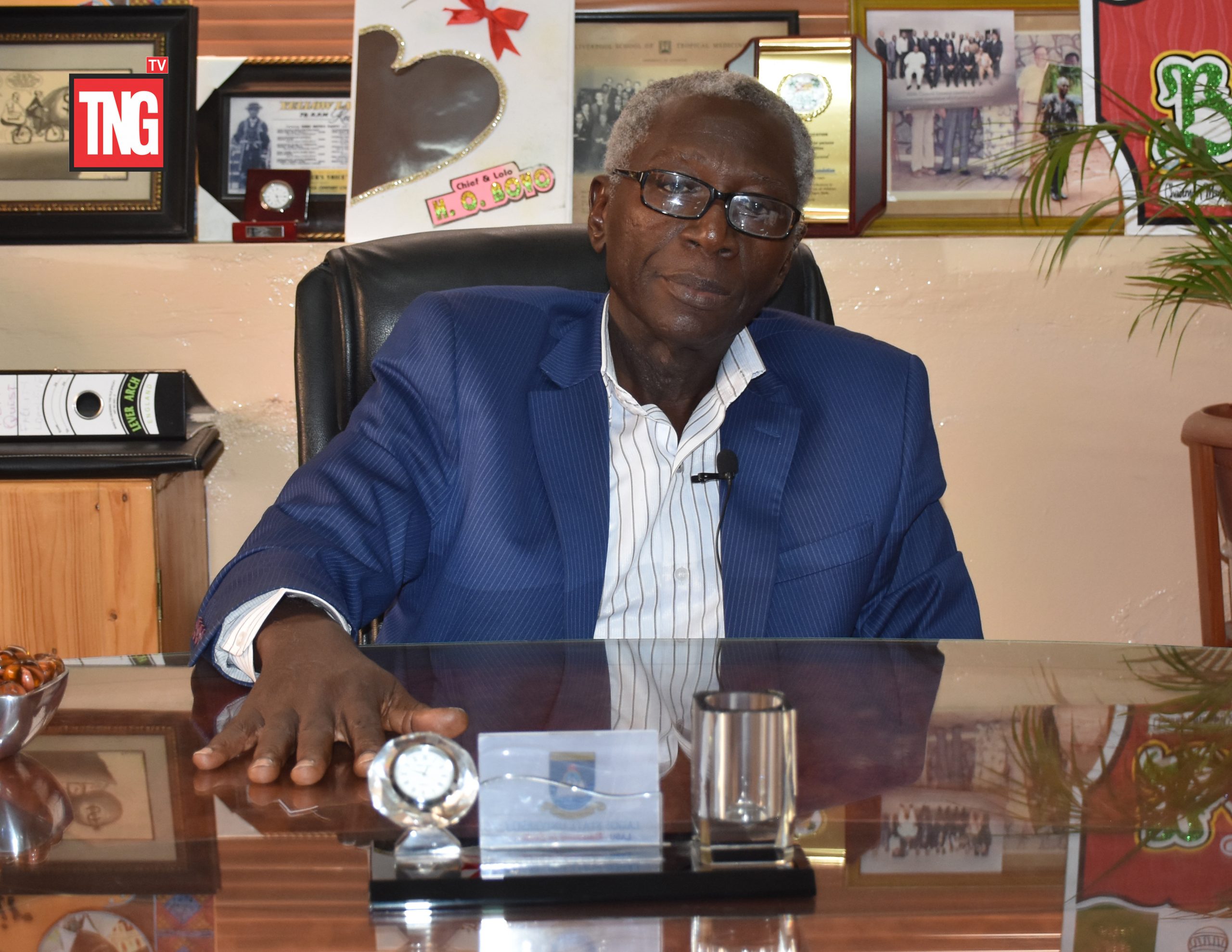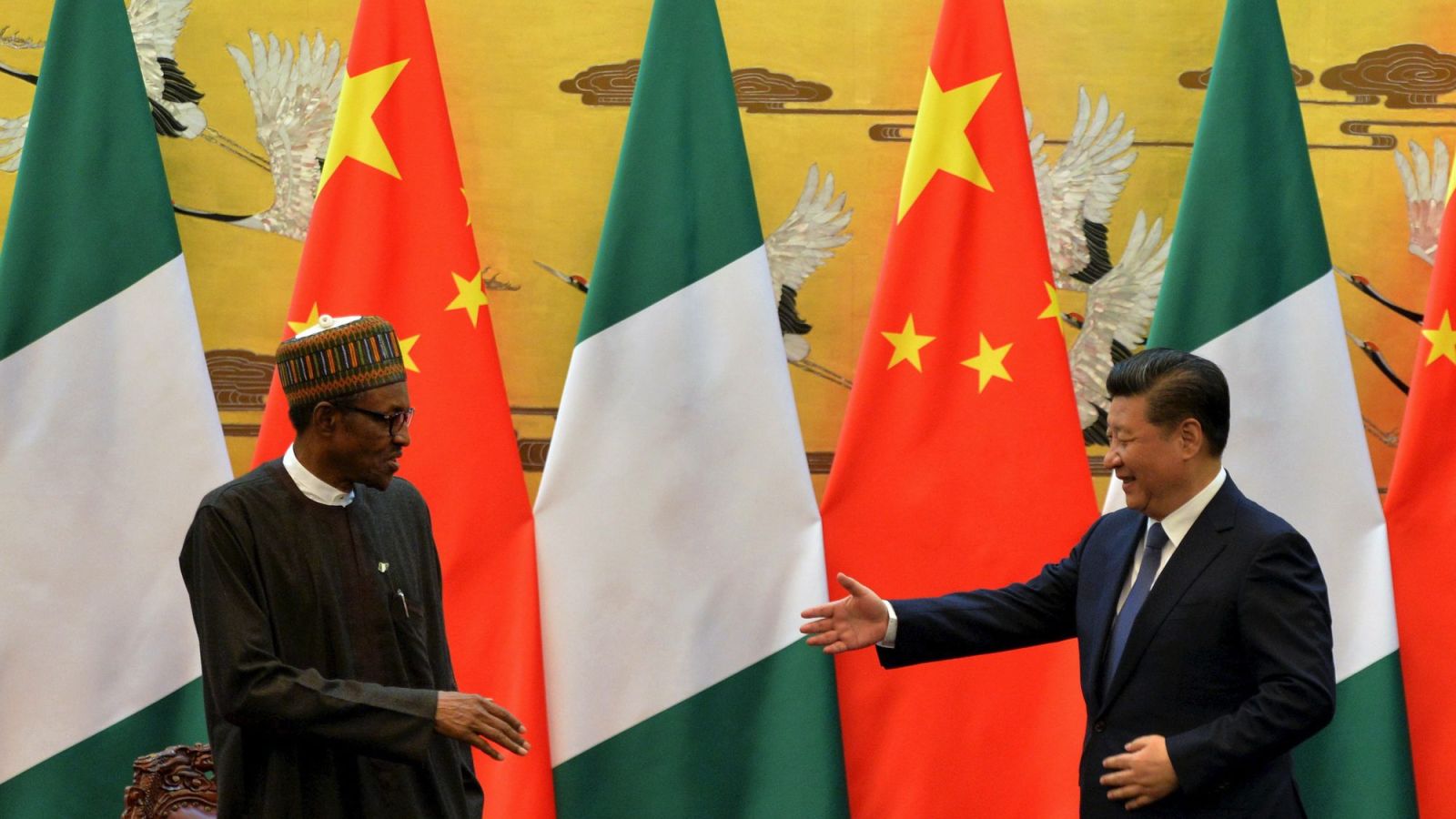By Henry Boyo
The popular understanding of the process for determining Naira exchange rates, is that, Naira becomes stronger when ever crude oil prices rebound and we earn increasing foreign exchange.
Historically, however, there is no evidence to support such expectation. Indeed, the Naira rate has often inexplicably, remained static and oftentimes, even depreciated whenever Nigeria fortuitously earned increasing foreign exchange from rising price and surplus crude export.
Hopefully, however, the following listings of prevailing exchange rates between 1996-2017 against critical reserves with CBN should be more revealing: 1996-8: $4bn–N80=$1; 2003: $8bn—N137=$1; 2007: $54bn—N125=$1; 2009: $63bn—N149=$1; 2012: $44bn—N166=$1; 2014: $35bn—N164=$1; 2016: $36bn—N400=$1; 2017: $30bn—N380=$1.
Nonetheless, the above title “So, Who Is Afraid of A Stronger Naira” was first published on 02/06/2014 (see also www.lesleba.com); a summary follows hereafter.
“Last week’s article, identified the advantages of a stronger naira exchange rate, to include much lower inflation and interest rates, increasing industrial expansion, with rapidly rising employment opportunities. Furthermore, a stronger naira will also eliminate fuel subsidy and reduce the size and service cost of our national debt. (See “Advantages of a Stronger Naira” first published on 26/05/2014 at www.lesleba.com).
Consequently, this week we will examine why Central Bank of Nigeria, still consciously promotes a monetary strategy that deliberately weakens naira; hopefully, the following interrogative narrative will also identify the major beneficiaries of weaker naira exchange rates.
Why does CBN consciously promote a weaker naira with its substitution of naira allocations for dollar-denominated revenue?
The CBN hinges its defence of this economic buccaneering on the current provisions on revenue allocation in Section 162(1) of the Constitution, which stipulates that all financial accruals must be consolidated in a federation account before sharing. Unfortunately, the CBN has deliberately misinterpreted Section 162 to also imply that all non-naira-denominated revenue must first be converted to naira before sharing. Nonetheless, it is evident that CBN’s substitution of naira allocations for dollar-derived revenue instigates the unyielding dark clouds of systemic excess naira supply, and the collateral burden of a weaker Naira exchange rate, with its diabolical train of economic distortions which worsen mass poverty.
If the CBN stops substituting naira for dollar revenue, how can beneficiaries spend their allocations, since dollar is not legal tender in Nigeria?
The constitutional beneficiaries of dollar revenue would receive dollar certificates for their allocations of dollar revenue; however, beneficiaries must convert these certificates to naira at a properly designated commercial bank, before spending.
What is the difference between naira substituted by the Central Bank and naira exchanged for dollar certificates from banks?
The naira substituted by CBN is actually additional fresh naira supply, which the banks may use as platforms to instigate over tenfold increase in money supply, if for example, the CBN’s mandatory Cash Reserve Ratio is 10 percent. Thus, this process of Naira substitution for dollar revenue continuously promotes the presence of surplus naira and induces the disenabling environment of high inflation and interest rates, weaker exchange rate, increasing national debt, severely hamstrung industrial subsector, high rate of unemployment, increasing fuel subsidy, and widening gap between the rich and poor.
Conversely, the exchange of dollar certificates directly through commercials banks by beneficiaries will not necessarily increase money supply and induce the disenabling encumbrances listed above. In fact, the banks will become more protective of their naira stock, so that their authorised cash positions are not violated and depositors’ access to their funds will not be jeopardised. Ultimately, in such ambience, the naira exchange rate will become stronger, as more dollar certificates chase the relatively stable existing naira stock.
What are the economic implications of a stronger naira exchange rate?
Quite simply, the result of a stronger Naira will be the direct opposite of the oppressive consequences listed above, of weaker naira rates. Thus, perceived systemic surplus naira will be gradually exorcised or minimized so that sustainable single-digit borrowing rates will become available, across board to productive investors, while inflation rates (will be closer to best practice rates elsewhere), at well below 4 percent.
Consequently, with optimal Naira supply and low cost of fund below 7 percent, the size and cost of servicing our national debt burden will also fall remarkably.
An enabling environment with a stronger naira purchasing power will rapidly stimulate consumer demand and in turn instigate further industrial expansion which will create millions of jobs nationwide; additionally, the increase in the number of salaried workers would further, expand job opportunities and taxable revenue for government.
Ultimately with a much stronger naira below N80:$1, fuel prices will fall below the current N97/litre, and save the princely sum of about $12bn (N2tn) for infrastructural enhancement annually from the total elimination of fuel subsidy; fuel smuggling into neighboring countries will also become unprofitable.
So, if it’s all so simple, who are those afraid of dollar certificates and a stronger naira, and why?
Those who are fervently patriotic about the sovereignty of the national currency, but are ignorant of the process, which determines the naira/dollar exchange rate, are particularly, misguidedly opposed to a stronger naira. The other bastion of opposition expectedly comes from the major beneficiaries of the current economically poisoning process of CBN’s substitution of naira allocations for dollar revenue.
For example, CBN’s unbridled and unconstitutional recent interventions and the reckless spending, which characterized Lamido Sanusi’s term as governor, were funded from the apex bank’s self-styled buoyant ‘own’ forex reserves, which ironically were consolidated, simultaneously with the deepening poverty induced by the process of CBN’s substitution of naira allocations for dollar revenue.
How does CBN’s substitution of naira for dollar-derived revenue fund corruption?
The liberal latitude to corruption in public service is also facilitated by the ‘eternal’ presence of ‘embarrassingly’ surplus naira without requisite accountability in the economy; for example the church rat will expectedly be lean and well trimmed of excess fat, when compared to its close cousins, who live in holes and crevices in an active but porous bakery, replete with surplus food.
Is the public sector the only beneficiary of the substitution of naira allocations for dollar-derived revenue?
No, the banks are also major beneficiaries of this skewed system. For example, the banks earn over N400bn annually from the simple business of receiving government deposits at zero percent and lending such funds back to government at double-digit interest rates. Indeed, with such high returns, it is not surprising that banks show little interest in lending to the real sector. Inexplicably, government has become heavy debtors to the same banks that ultimately enjoy custody of government’s free funds!
Furthermore, banks also promote capital flight, and make huge gains from round tripping and speculative consolidation and CBN’s brazen public auction of dollars, despite the adverse consequences on the economy.
The Bureaux De Change (BDCs) are also proxy beneficiaries of the current system, and they nonchalantly fund millions of dollars illegally ferried across our borders daily. The BDCs evidently also fund disenabling activities of smugglers who cause considerable damage to our local industries, to further constrain employment opportunities.
It is inexplicable that CBN is reluctant to allocate dollar revenue to the constitutional beneficiaries who are invariably compelled to borrow same forex, externally, at higher rates around 7 percent; ironically however, the apex bank willfully allocates billions of dollars interest free to BDC operators, who will, in turn sell at a profit to any customer, including the original owners of the dollars and treasury looters.
Will payment of dollars not also facilitate capital flight?
It could, but no one is suggesting the payment of raw dollar cash; dollar certificates are not valid for domestic transactions, and their values cannot be repatriated abroad without direct collusion from CBN.
Indeed, how much longer can we deny this figurative elephant of CBN’s mismanagement of money supply in our economy?”
Save the Naira, Save Nigeria!!!


